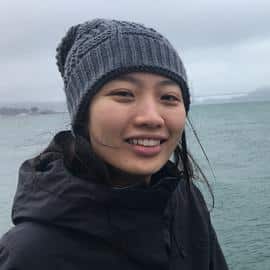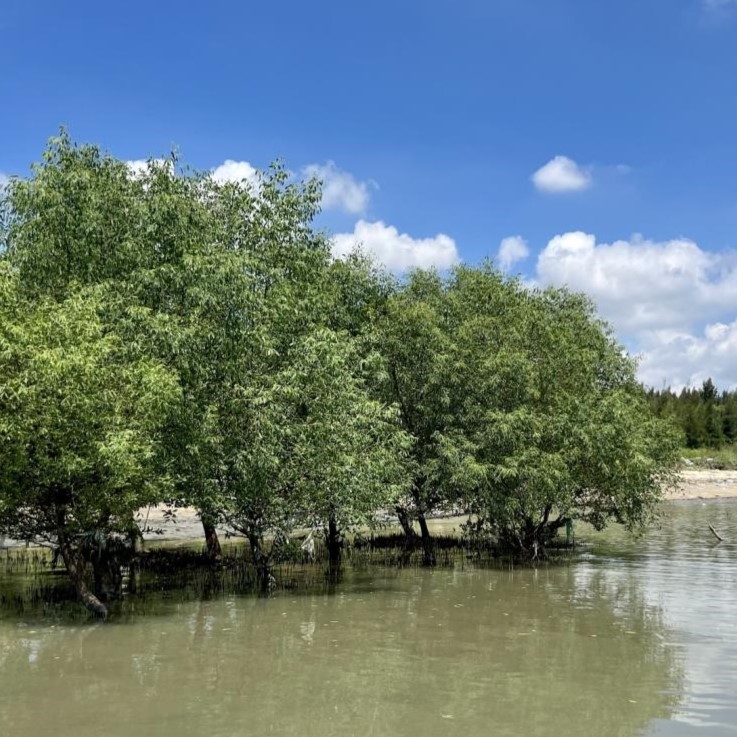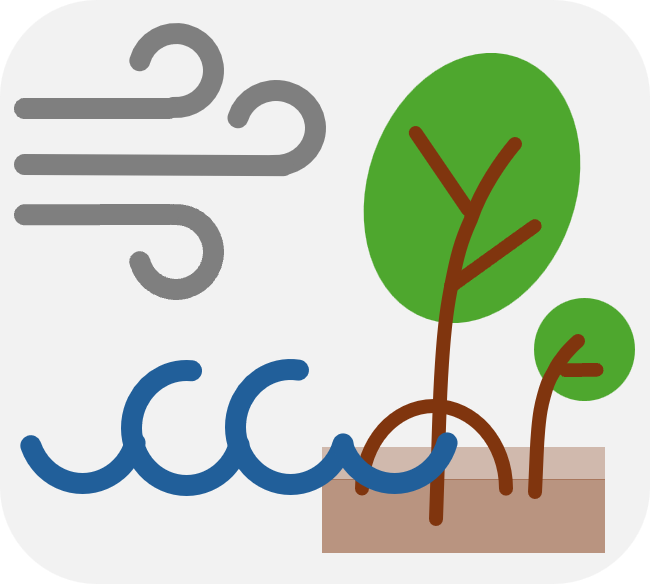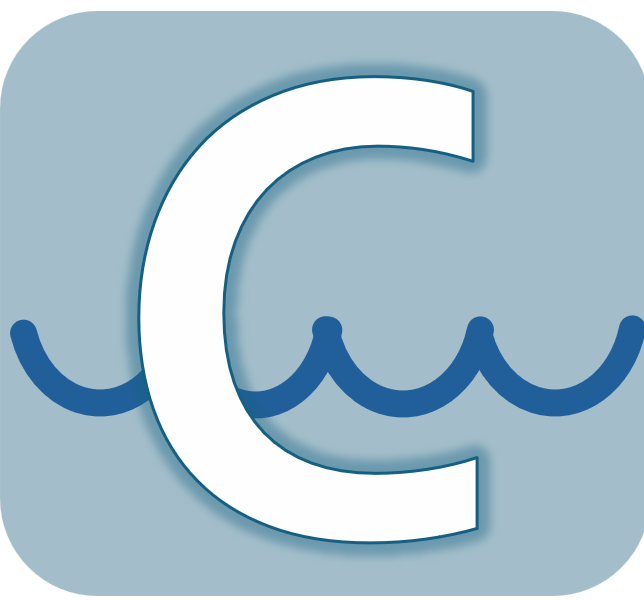Yu Mo

Research Fellow at the University of Oxford
Research interests
Coastal ecosystems are vital for climate risk mitigation and adaptation, yet these ecosystems themselves are among the most vulnerable to the impacts of climate change. My research centres on the question: How does the resilience of these ecosystems to climate change affect their functioning under such pressures? I am also passionate about developing new Earth and data science methodologies to deepen our understanding of coastal ecosystem dynamics and their functions at regional and global scales.
Research highlights

![]() Cyclone travel speed transforms mangrove damage worldwide
Cyclone travel speed transforms mangrove damage worldwide
A brief look at how shifting cyclone patterns are reshaping mangrove damage worldwide.

![]() The Magic of Mangrove
The Magic of Mangrove
A three-minute video showcasing how I analyze historical storm data and satellite imagery to investigate how mangroves respond to storm events.

![]() Who defends the defenders?
Who defends the defenders?
A five-minute read exploring how mangroves may respond to increased storminess in a warming climate.
Research focuses

![]() NbS for storm protection. Coastal ecosystems serve as Natural-based Solutions (NbS) for storm protection, yet they remain highly vulnerable to storm disturbances. I am currently leading a research line to deepen our understanding of their sustainability and functionality amidst climate change by modeling the storm resilience of global mangrove ecosystems. This groundbreaking research has delivered the first global systematic analysis of storm risks to mangroves and uncovered potential significant regional shifts under a changing climate (Mo et al., 2023, Front. Ecol. Environ. & Mo et al., 2025, Sci. Adv.. This research has been funded by a Houser Career Development Fellowship in Geography (2024-present), a Government of Ireland Postdoctoral Fellowship (2022-2024), and a Marie Curie Postdoctoral Fellowship (2020-2022). Find out more
NbS for storm protection. Coastal ecosystems serve as Natural-based Solutions (NbS) for storm protection, yet they remain highly vulnerable to storm disturbances. I am currently leading a research line to deepen our understanding of their sustainability and functionality amidst climate change by modeling the storm resilience of global mangrove ecosystems. This groundbreaking research has delivered the first global systematic analysis of storm risks to mangroves and uncovered potential significant regional shifts under a changing climate (Mo et al., 2023, Front. Ecol. Environ. & Mo et al., 2025, Sci. Adv.. This research has been funded by a Houser Career Development Fellowship in Geography (2024-present), a Government of Ireland Postdoctoral Fellowship (2022-2024), and a Marie Curie Postdoctoral Fellowship (2020-2022). Find out more

![]() Blue carbon dynamics. Coastal marshes play a vital role as blue carbon sinks, helping to mitigate climate change by storing large amounts of carbon. However, these ecosystems face mounting threats from climate change and human activities. My research focuses on uncovering the impacts of these disturbances on blue carbon dynamics using long-term satellite and field-based environmental data. One significant finding is that, despite being subjected to various climate and human-induced disturbances (e.g., Mo et al., 2017, Ecosphere & Mo et al., 2017. Remote Sens.), coastal marshes in Louisiana, US, have shown the potential to contribute to climate mitigation by extending their growing seasons from 1984-2014 (Mo et al., 2019. Ecol. Evol.).
Blue carbon dynamics. Coastal marshes play a vital role as blue carbon sinks, helping to mitigate climate change by storing large amounts of carbon. However, these ecosystems face mounting threats from climate change and human activities. My research focuses on uncovering the impacts of these disturbances on blue carbon dynamics using long-term satellite and field-based environmental data. One significant finding is that, despite being subjected to various climate and human-induced disturbances (e.g., Mo et al., 2017, Ecosphere & Mo et al., 2017. Remote Sens.), coastal marshes in Louisiana, US, have shown the potential to contribute to climate mitigation by extending their growing seasons from 1984-2014 (Mo et al., 2019. Ecol. Evol.).

![]() Global electricity network resilience. Electricity infrastructure is becoming increasingly vulnerable to increasing storm-related destruction under climate change. This research offers a comprehensive analysis of past and future storm-induced power outages worldwide by integrating satellite-based nighttime light observations, global electricity network databases, and historical and climate projections—insights previously unavailable at this scale. Our findings reveal that, globally, recovery times for electric power systems following tropical cyclone damage have worsened, increasing by approximately 1.5 days per decade (Mo et al., 2025, Environ. Res.: Infrastruct. Sustain.). We also project that most regions are expected to experience more severe tropical cyclone-induced outages under future climate conditions (RCP8.5 2050) (Hall et. al. Preprint.). This work received funding from NERC and the Oxford John Fell Fund.
Global electricity network resilience. Electricity infrastructure is becoming increasingly vulnerable to increasing storm-related destruction under climate change. This research offers a comprehensive analysis of past and future storm-induced power outages worldwide by integrating satellite-based nighttime light observations, global electricity network databases, and historical and climate projections—insights previously unavailable at this scale. Our findings reveal that, globally, recovery times for electric power systems following tropical cyclone damage have worsened, increasing by approximately 1.5 days per decade (Mo et al., 2025, Environ. Res.: Infrastruct. Sustain.). We also project that most regions are expected to experience more severe tropical cyclone-induced outages under future climate conditions (RCP8.5 2050) (Hall et. al. Preprint.). This work received funding from NERC and the Oxford John Fell Fund.
Recent publications
Y. Mo, J. Hall, A. Baldwin, M. Simard, and I. Donohue. Shifting cyclone travel speed and its impact on global mangrove ecosystems. Science Advances (2025) 11:eadx6799. doi: 10.1126/sciadv.adx6799.
Y. Mo, F. Thomas, J. Rui, and J. Hall. Daily night-time lights reveal prolonging global electric power system recovery times following tropical cyclone damage. Environmental Research: Infrastructure and Sustainability (2025) 5:035001.
doi:10.1088/2634-4505/ade474.
Y. Mo, M. Simard, J. W. Hall. Tropical cyclone risk to global mangrove ecosystems: potential future regional shifts. Frontiers in Ecology and the Environment (2023) 21(6): 269–274. doi:10.1002/fee.2650.
Y. Mo, M. S. Kearney, R. E. Turner. The resilience of coastal marshes to hurricanes: the potential impact of excess nutrient. Environmental International (2020) 138: 105409. doi:10.1016/j.envint.2019.105409.
Teaching
- AI for the Environment: Adaptation & infrastructure. University of Oxford. 2024. This lecture introduces the application of AI and ML in finding solutions for more resilient infrastructures in the face of climate change. Find out more
- Nature-based Solutions for climate resilient development. University College London. 2024. This lecture provides a general introduction to the application of NbS in supporting climate-resilient development. It includes a case study on using freely available datasets and online platforms for flood mapping. Find out more
- Experimental Design and Analysis. Trinity College Dublin. 2022. This course focuses on the planning, implementation, and interpretation of experiments in environmental studies. It encompasses techniques for structuring experiments, minimizing bias, and applying statistical methods to analyze data effectively. Find out more